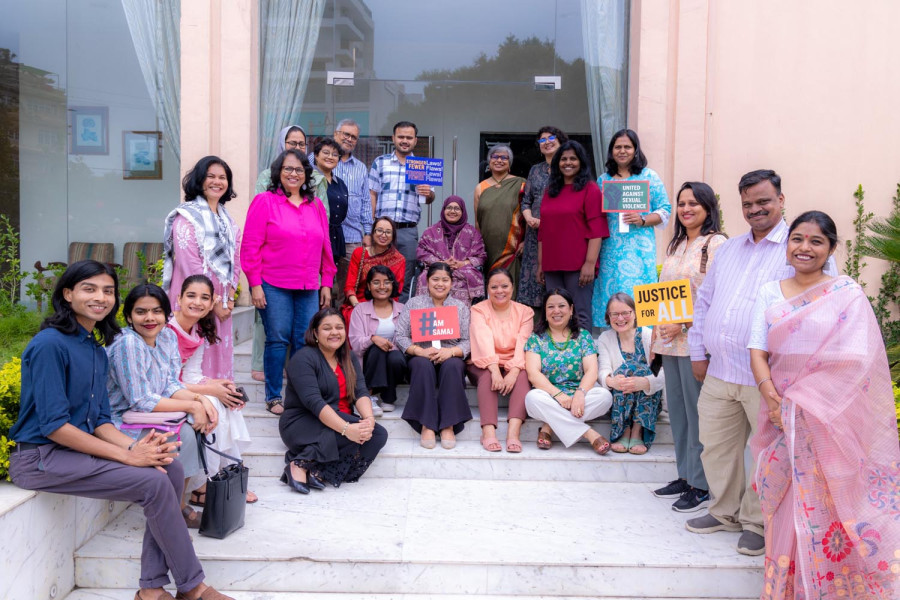National
Action against sexual violence in South Asia stressed
The newly formed coalition urges collective action from South Asian governments to ensure justice for sexual violence survivors.
Post Report
The South Asian Movement for Accessing Justice (SAMAJ), a coalition of 17 civil society organisations, has called for South Asian countries to take immediate action to address high levels of sexual violence and low conviction rates. The coalition stresses the need for comprehensive legal reforms to address protection gaps in sexual violence laws, improve criminal justice systems, and invest in holistic support services for survivors.
SAMAJ, issuing a statement on Thursday, pointed out that many sexual violence laws in the region are inadequate, with legal definitions that fail to cover the full range of sexual violence and discriminatory provisions against women and girls. Poor enforcement further emboldens the perpetrators while depriving survivors of justice, it said.
SAMAJ that comprises human rights organisations from Bangladesh, India, the Maldives, Nepal, and Sri Lanka advocates for a ‘multi-sectoral approach’ involving collaboration between government bodies, civil society organisations, law enforcement agencies, healthcare providers, and the education sector.
The organisation drew the conclusion based on a programme held in Kathmandu from June 26-27. During the event, representatives from 17 civil society organisations shared that, despite some progress in legal protections, survivors still face challenges when filing cases and pursuing prosecution.
These challenges include prolonged delays in investigations and trials, high-proof requirements, courts allowing evidence about victims’ sexual history, and difficulties obtaining legal aid. Gender discrimination, victim-blaming, and social stigma further exacerbate these issues, they said.
The coalition also noted that the journey through the criminal justice system is currently arduous for most survivors, with low conviction rates for sexual violence crimes across South Asia. The lack of accountability for perpetrators increases the risk of assault for women and girls, as offenders feel emboldened by the low likelihood of being held accountable.
Marginalised communities, including indigenous people, so-called lower castes, and those with disabilities, are particularly vulnerable to intersectional discrimination, which increases their risk of human rights violations and limits their ability to seek justice, said Nawmi Naz Chowdhury from Equality Now.
SAMAJ highlights the urgent need for stronger laws, gender-sensitive criminal justice systems, and support measures prioritising survivor-led solutions. The coalition urges legal reforms to close protection gaps and align national laws with international human rights standards.
Shyamala Gomez, executive director at the Centre for Equality and Justice in Sri Lanka, added, “We need to act as a pressure group on our governments to take concrete measures to ensure justice and accountability for victim-survivors of sexual violence.”




 9.83°C Kathmandu
9.83°C Kathmandu













